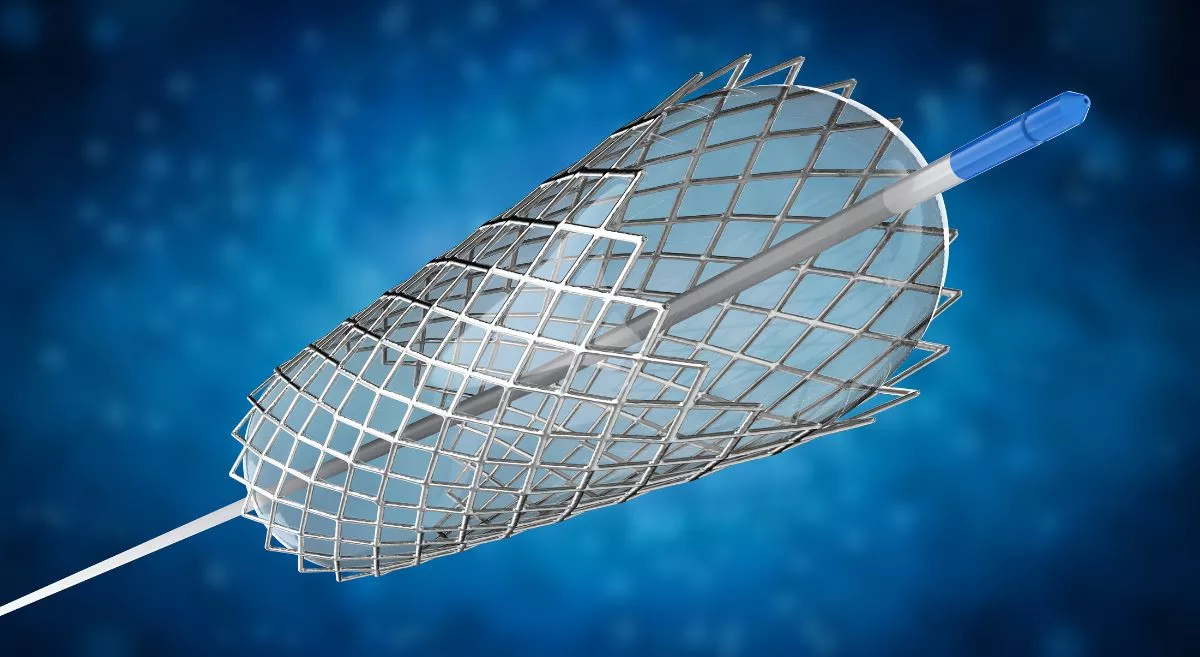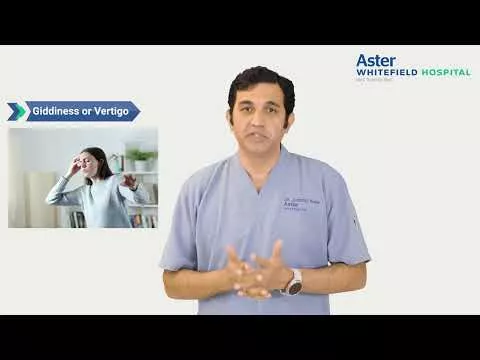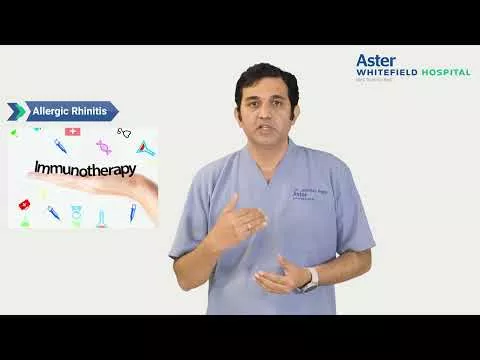Sinus problems can significantly impact your quality of life, causing chronic pain, congestion, and infections. When medications and other treatments fail, sinus surgery may be the solution to alleviate these issues. This blog delves into the details of sinus surgery, exploring its types, procedures, benefits, and recovery process.
This blog post will give you the lowdown on sinus surgery:
- What it is: We'll explore what sinus surgery entails, including the different types of procedures used to address various sinus problems.
- Who needs it: We'll discuss chronic sinusitis, nasal polyps, and other conditions that might make sinus surgery a suitable treatment option.
- The benefits: Discover how sinus surgery can improve your breathing, reduce infections, and alleviate discomfort.
- Recovery: We'll touch on what to expect after surgery, including recovery time and tips for a smooth healing process.
By the end of this post, you'll have a better understanding of sinus surgery and whether it could be the key to finally breathing easily again.
What is Sinus Surgery?
Sinus surgery is a medical procedure aimed at opening the sinuses, removing blockages, and restoring natural drainage. This surgery is often recommended for individuals suffering from chronic sinusitis, nasal polyps, or structural abnormalities in the sinus cavities that impede normal breathing. By clearing the sinuses, the surgery helps reduce symptoms such as nasal congestion, facial pain, and infections.
Why Would You Need Sinus Surgery?
Sinus surgery becomes necessary when non-surgical treatments like medications and nasal sprays fail to provide relief. Several conditions may necessitate sinus surgery:
- Chronic Sinusitis: Persistent inflammation of the sinuses that does not respond to treatment.
- Nasal Polyps: Non-cancerous growths that block the nasal passages.
- Structural Issues: Deviated septum or unusually shaped sinuses that hinder drainage and airflow.
- Recurrent Infections: Frequent sinus infections that disrupt daily life and resist other treatments.
Types of Sinus Surgery
There are several types of sinus surgeries, each designed to address specific issues within the sinus system. The most common types include:
- Functional Endoscopic Sinus Surgery (FESS) FESS is the most frequently performed sinus surgery. It involves using an endoscope—a thin, flexible tube with a light and camera—to view the sinuses and guide the removal of blockages. This minimally invasive procedure widens the drainage pathways between the nose and sinuses, allowing trapped mucus to escape.
- Balloon Sinuplasty Balloon sinuplasty is a less invasive option where a small balloon is inserted into the sinus cavity and inflated to enlarge the drainage passage. This method is often used for treating sinusitis and can be performed under local anesthesia.
- Turbinate Reduction Surgery Often combined with septoplasty (correction of a deviated septum), this surgery reduces the size of the turbinates—small structures within the nose that can swell and obstruct airflow.
- Polypectomy This procedure involves the removal of nasal polyps that block the nasal passages and sinuses. It is sometimes performed in conjunction with other sinus surgeries.
- Caldwell Luc Surgery This traditional surgery is typically reserved for cases where other methods have failed. It involves creating a new opening from the maxillary sinus (located behind the cheek) to the nose to facilitate drainage.
Preparing for Sinus Surgery
Preparation is crucial for a successful sinus surgery and smooth recovery. Key steps include:
- Medication Management: A week before surgery, avoid over-the-counter medications like ibuprofen and aspirin, as they can thin the blood and increase the risk of bleeding during and after the procedure. Always discuss any medications you are currently taking with your doctor.
- Sinus Irrigation: Begin using a saline rinse several days before the surgery to clean and moisten the nasal passages. This helps reduce the risk of infection and promotes a cleaner surgical area, which can facilitate a smoother recovery process.
- Transportation Arrangements: Plan for someone to drive you to and from the surgical facility, especially if you will be under general anesthesia. After the procedure, the effects of anesthesia can impair your ability to drive and make it unsafe to travel alone.
The Sinus Surgery Procedure
Sinus surgery is generally performed under local or general anesthesia. Here’s what you can anticipate:
- Anesthesia: Depending on the specific procedure and patient needs, you will be given either local anesthesia, which numbs the area while you remain awake, or general anesthesia, which puts you to sleep. This guarantees that you will not feel any pain during the surgery.
- Endoscope Insertion: The surgeon will use a small, flexible telescope called an endoscope, which is inserted through the nostrils. The endoscope provides a clear and magnified view of the sinus cavities, allowing the surgeon to navigate and perform the surgery with precision.
- Removal of Blockages: Using specialized surgical instruments, the surgeon will remove obstructions such as swollen tissue, small sections of bone, or nasal polyps. This step aims to clear the sinus pathways to restore normal drainage and airflow.
- Post-Procedure Care: After the blockages are removed, the surgeon may place absorbable packing material, such as Surgiflo, inside the nasal passages to minimize bleeding and support healing. In some cases, a stent may be inserted to keep the sinuses open and deliver anti-inflammatory medication directly to the surgical site.
Potential Complications and Risks
While sinus surgery is generally safe, it does carry some risks. Serious complications are rare but can include:
- Severe Bleeding: Excessive bleeding during or after the surgery is uncommon but can occur, sometimes requiring additional interventions to manage and stop the bleeding.
- Eye Trauma and Vision Problems: Since the sinuses are located close to the eyes, there is a small risk of injury to the eye muscles or optic nerves, potentially causing vision issues or double vision.
- Loss of Smell: The surgery can sometimes affect the olfactory nerves, leading to a temporary or permanent reduction or loss of the sense of smell.
- Skull Injury and Brain Fluid Leak: In rare cases, the thin bones separating the sinuses from the brain can be damaged, leading to a cerebrospinal fluid leak, which increases the risk of serious infections like meningitis.
- Infection: Post-surgical infections, although rare, can occur and may require antibiotics or further medical treatment to resolve.
- Chronic Rhinosinusitis Recurrence: Despite surgery, some patients may experience a return of chronic sinusitis symptoms, necessitating additional treatments or surgeries.
Following your doctor's post-surgery instructions can significantly reduce these risks.
Recovery and Post-Operative Care
Recovery from sinus surgery typically does not require an overnight hospital stay. Key aspects of post-operative care include:
- Follow-Up Visits: Regular check-ups with your doctor to monitor healing and remove any stents or packing.
- Nasal Irrigation: Continued use of saline sprays to keep the sinuses moist and clear.
- Activity Restrictions: Avoid strenuous activities that elevate blood pressure for at least three weeks.
- Medication: Use prescribed pain relief medications and avoid aspirin or ibuprofen.
Is Sinus Surgery Worth It?
Sinus surgery can significantly improve the quality of life for those suffering from chronic sinus issues. While it is not typically a life-threatening condition, the persistent symptoms can be debilitating. Minimally invasive procedures like FESS and balloon sinuplasty often provide immediate relief, making sinus surgery a viable option for long-term relief.
Sinus surgery offers a solution for chronic sinus problems that cannot be resolved through medication alone. Understanding the types of surgeries, preparation, procedure details, and recovery process can help patients make informed decisions. If you are considering sinus surgery, consult with a healthcare provider to evaluate your condition and determine the best course of action for a healthier, more comfortable life.
By addressing sinus issues through surgery, many people find relief from the persistent symptoms that have plagued them for years. With advancements in medical technology, sinus surgeries today are less invasive and more effective, ensuring quicker recovery and improved outcomes. Breathe easy and take the step towards better sinus health with the right surgical intervention.









